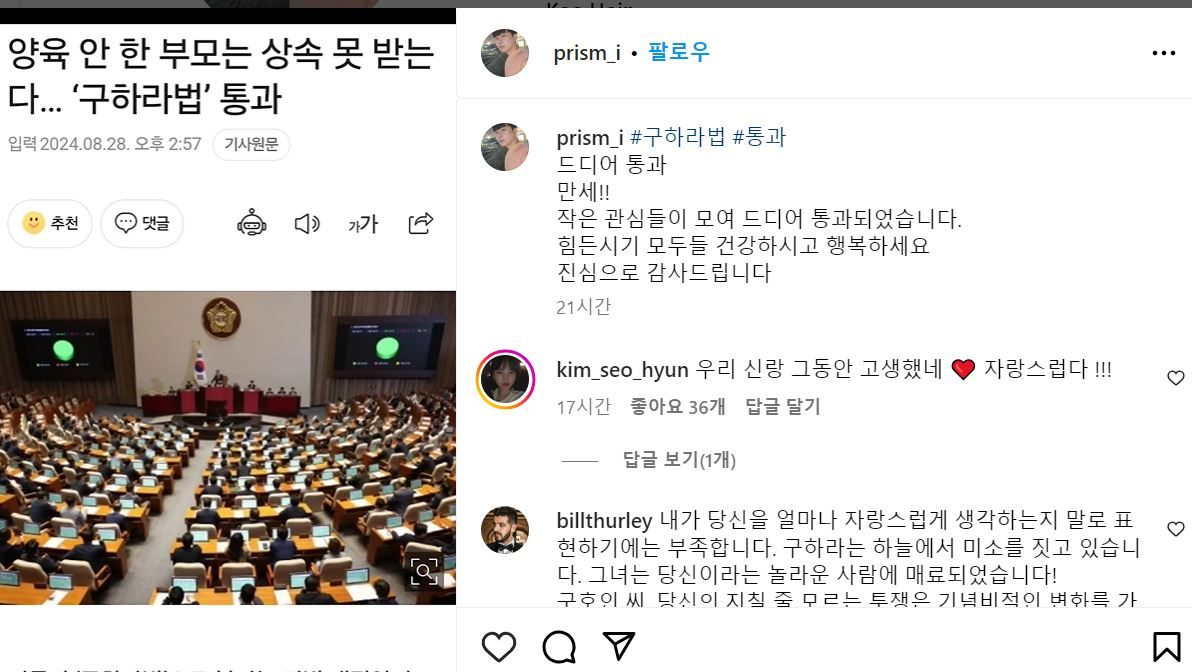On Monday, a New York Times/Siena College poll indicated that 49 percent of likely voters would back their district’s Republican congressional candidate—a supposed swing toward red in a close race for control over the House. But perhaps the most headline-generating result was that the poll also found that women who identified as independent voters now backed Republicans by 18 points—when in September they favored Democrats by 14 points.
The poll results threw Democrats into a tizzy, after a summer of stories that promised that anger over Roe v. Wadebeing overturned would benefit the party this fall. As we get to November, is that momentum really fading?
Maybe! But also—maybe not. There are plenty of reasons to not read too much into this slight outlier of a poll. For one thing, the New York Times asked likely voters on how they would vote on a generic ballot, not incorporating individual candidates of the numerous local races, including the House, Senate, governorships and more. That’s important because most Republicans currently running local races across the country are not considered generic Republicans, according to Sarah Longwell, a longtime Republican strategist and host of the podcast The Focus Group. Instead, there are countless extreme Trumpers, including multiple election deniers and those who carry hardline stances on abortion. That includes the likes of Republican candidate Hershel Walker running for a Senate seat in Georgia, J.D. Vance in Ohio and Kari Lake for governor in Arizona.
In the swing voting focus groups Longwell conducts across the country, she hasn’t seen much evidence to suggest that women are swinging back towards Republicans. Instead, they’ve told Longwell, they want to avoid the extreme candidates, especially with stringent pro-life stances.
To further understand this voting bloc—independent women voters who might be particularly mad over Dobbs—and what they’re thinking now, I spoke to Debbie Walsh, director of the Center for American Women and Politics at Rutgers University. The first thing she told me is that she questions the swing reported in the New York Times poll. Then we dug into everything else—our conversation has been lightly edited and condensed for clarity.
AdvertisementShirin Ali: How do you think women voters view big ticket issues like abortion, the economy and inflation this November?
Advertisement Advertisement AdvertisementDebbie Walsh:What we’ve known and what we’ve seen since 1980, is that women vote differently than men. And whether they’re registered as Democrats or not, they’re more likely to support Democratic candidates than men are, less likely to support Republican candidates than men are. And then there’s variation among women, right? Women are not monolithic. So white women have leaned more Republican, while Black women are the strongest Democratic voters out there. And then there’s variation among white women, college educated white women versus non-college educated white women. College educated white women are more likely to support Democratic candidates than non-college educated white women. So again, women are not this monolithic bloc that vote en masse in any one way, but there are differences in the way they vote and that vote in close elections, sometimes can make a difference in the outcome of the election.
AdvertisementI think for women, just like for men, if you ask, ‘what’s the most important issue?,’ the economy always rises to the top. But I think in some ways, we’ve found that women think about the economy in different ways and they’re thinking about it more as kitchen table economics. How am I making ends meet in my family? How am I stretching that dollar? There’s also more economic insecurity that women face, women make less money than men, they have less money saved for retirement. They have felt historically more employment insecure, and women also live longer than men. And so what the government provides in their lives in terms of that social safety net, whether they’re using it now or they think they will need it in the future,things like social security, Medicare are things they think about. Whether it’s unemployment insurance because of employment insecurity or whether it’s family leave, paid family leave or not, depending on where you live, if you happen to live in one of the three states that actually have some form of paid family leave. But all of those issues really rise to the top.
Advertisement Advertisement AdvertisementAbortion has been an issue that’s been out there and it matters to women. But I think the question in this election cycle is at the end of the day, not so much will women go to the polls solely because of abortion, but can the abortion issue be the thing that energizes them and motivates them to go to the polls? We know that a lot of those young women are very energized around the abortion issue. I think we’re really trying to understand and see what will happen with those women voters.
What about the Kansas ballot measure in August, when voters overwhelmingly rejected an amendment to the state’s constitution that would have allowed an abortion ban. Was that outlier? Or did Democrats get ahead of themselves?
AdvertisementI think when it’s a standalone issue and a question just out on abortion, there’s a different kind of a vote than when you’re voting for a candidate of a party. The reality is the majority of Americans basically support Roe. And when a case like the Kansas case comes up, you’re not voting for a person who will then implement some law. Here’s something that’s going to be a constitutional question. I think it’s a different kind of a vote.
Advertisement AdvertisementI do think that the abortion issue may have the potential to energize some voters, particularly some women voters out there who might not have been as engaged before, who might have sat out in midterm election. I think for a lot of folks, they don’t necessarily think that they have a stake in the outcome of elections, whether they think the government doesn’t really do anything, the government can’t solve anything. You know, they can’t fix the problems. However, this was one of those examples where it really, I think, for the Dobbs decision was a big illustration of ‘elections have consequences,’ right? It meant courts being appointed, particularly the Supreme Court, obviously, and the implications of that on women’s lives. And so it was one of those examples, which then may in fact, energize some women to show up in November.
Advertisement AdvertisementDo you think Democrats can effectively message to swing voters on the issue of abortion?
I happen to live in Pennsylvania. So I’m sitting in Philadelphia, where I’m deluged by ads on both sides. On the Democratic side, abortion has been front and center and always couched in the frame of, particularly in the gubernatorial race for Doug Mastriano, “he’s too extreme for Pennsylvania.” And abortion is one of those examples, and Fetterman is using some of that same language. as well.
They have gone a full court press on putting abortion front and center, which is interesting because in the past, I think, Democratic candidates didn’t want to go near that issue. And now this time around, I think Republicans don’t want to talk about the abortion issue. They want to keep the voters focused and centered on the economy. And the economic news is bleak, and it’s hard to counter that.
AdvertisementPopular in News & Politics
- Sure Sounds Like the Supreme Court Is About to Give Trump a Big Win!
- Trump Has Always Been a Caricature of a Particular Type of Villain. It’s on Full Display Right Now.
- Why Would a Republican Brag About Shooting Her 14-Month-Old Puppy Dead? Well …
- The Most Alarming Answer From Trump’s Interview With Time
I think the Democrats need to go at both of those things. They need to talk about what they’re going to do with the economy and inflation costs. They also need to at the same time talk about the abortion issue, because I still think it is an issue that energizes and motivates groups of voters to turn out. I think what Republicans might have underestimated was the intensity of the reaction to the Dobbs decision. As it was something that took away a right that women had for 50 years, and it’s very rare. I can’t remember a time when or having a right to something was taken away. Think about the vehemence with which gun owners react to any mention of the possibility of losing their guts, right? So I think you can’t underestimate the power of that.
Advertisement Advertisement Advertisement AdvertisementWe’ve seen from polling and focus groups that the issue of abortion sometimes knows no party lines. Even people who consider themselves conservative Republicans, can still want the right to choose when it comes to abortion. What do you make of that?
I think Kansas is a great example of that. Given the party registration of the state of Kansas, for that to have won the way it did, or to have been defeated in the way it was, there had to have been conservative Republicans. In many ways, the most conservative position, within the old school definition of conservative, smaller government, less government in your life, [is] a pro choice position. It used to not even be part of the Republican platform, a pro-life plank, and then the party shifted. There are many, moderate to conservative Republicans who think the government should not be in your bedroom, not in your doctor’s office. They don’t want more government and this is more government.
Tweet Share Share Comment








